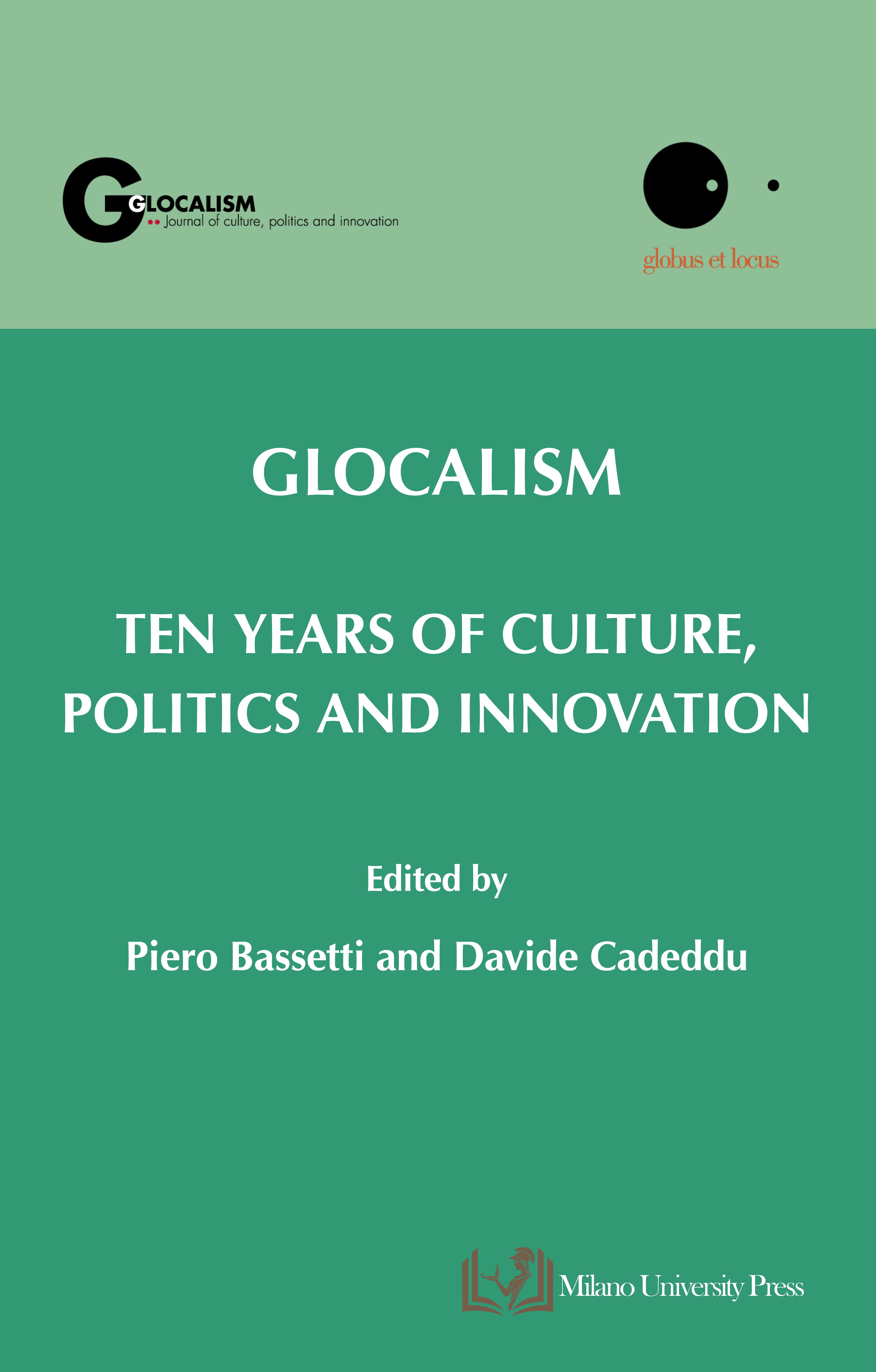La via locale alla cittadinanza globale: una sfida epistemologica e politica
DOI:
https://doi.org/10.12893/gjcpi.2018.1.7Keywords:
citizenship,, globalization, city, movement, democracyAbstract
Rethinking the concept of citizenship means understanding the historical nature of the relationship between citizenship and nation-state and going beyond the definition of a formal and legal status, such as the membership to a political system. In the global era, citizenship undergoes a process of deterritorialization that produces a fragmentation and multiplication of forms, figures and experiences. The text aims at illustrating that citizenship is a field of tensions: it is crossed by the struggles, specially concerning the violation of its borders, of individuals who are excluded or includedin a differentiated or subordinate way. These “acts of citizenship” are acts through which individuals become, make themselves citizens. At the same time, interpreting citizenship not only as a formal status, but as a space of conflict and movement, based on the extension of rights, does not mean denying its normative dimension: citizenship emerges between normative and processual dimension. Citizenship is a project in continuous construction and reconstruction, producing the possibility of access to rights. When considered as a process of political subjectivation, citizenship is a dynamic, ever-changing institution. Today, in particular, cities are the crucial space of new emerging forms of citizenship.

Downloads
Published
How to Cite
Issue
Section
License
Copyright (c) 2018 Anna Lazzarini

This work is licensed under a Creative Commons Attribution-ShareAlike 4.0 International License.











